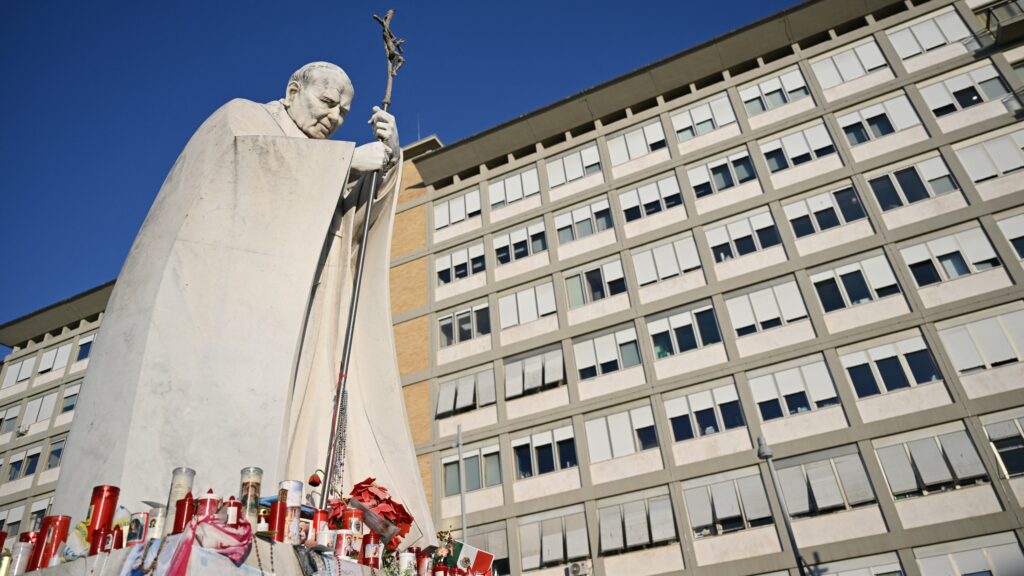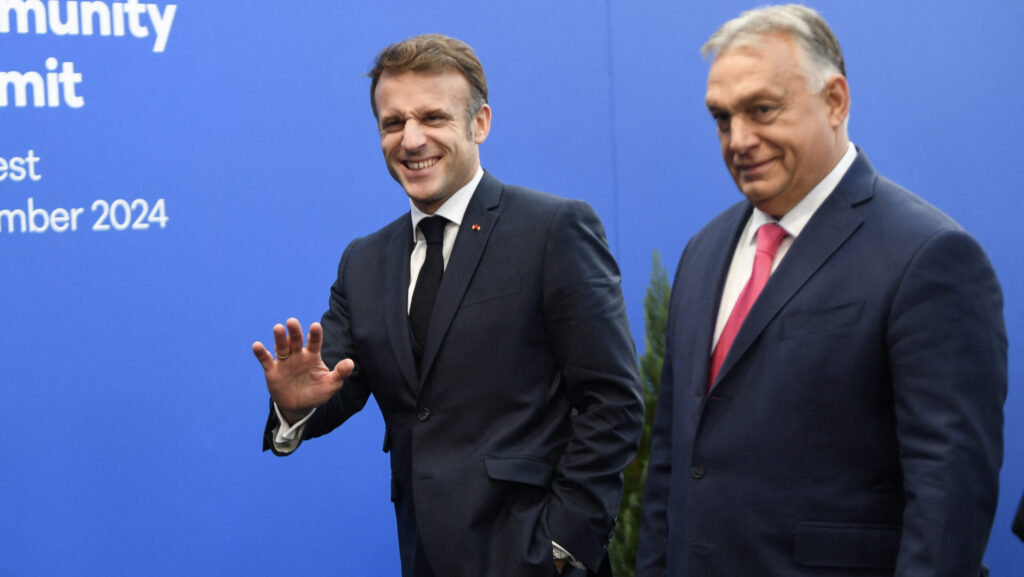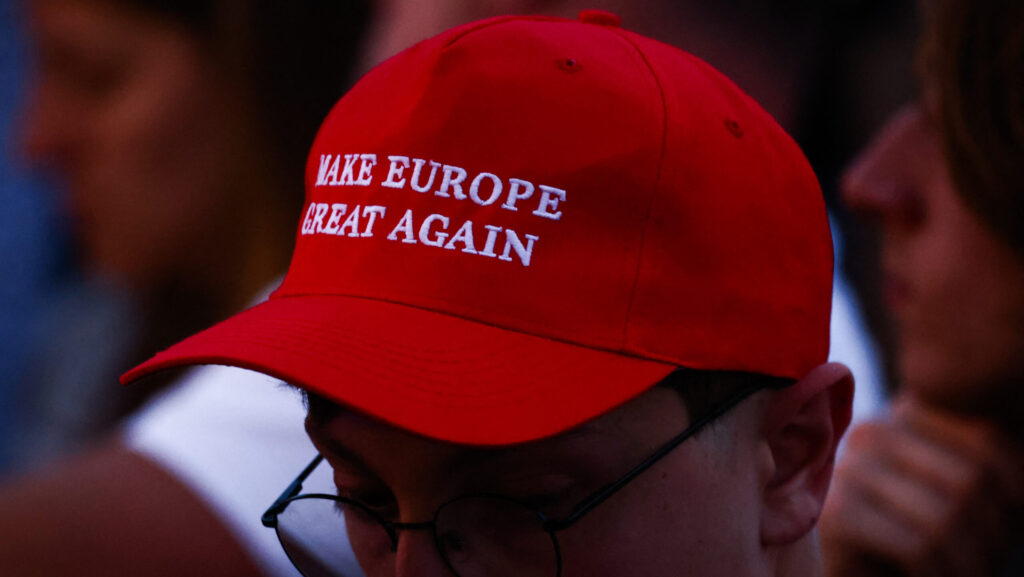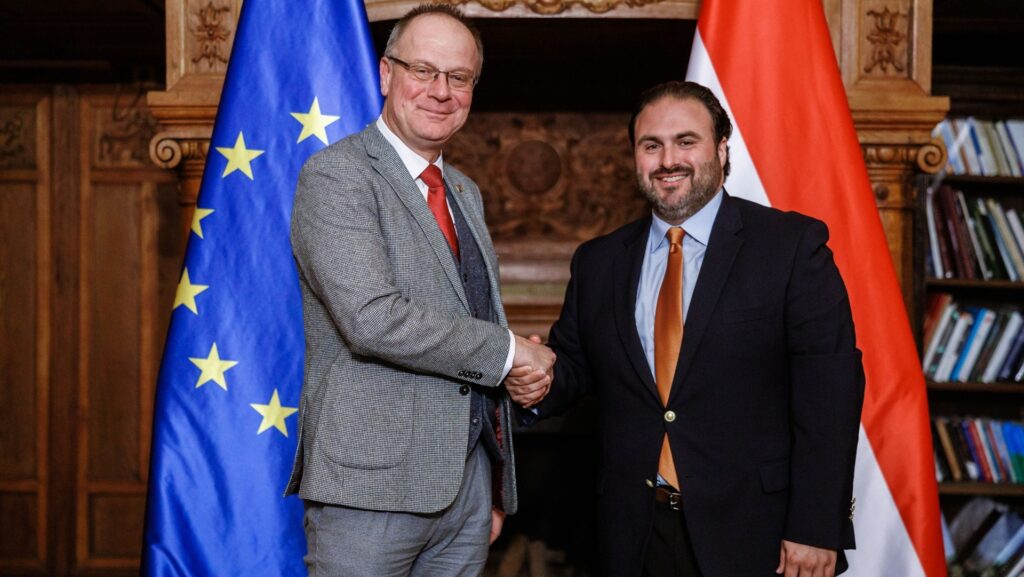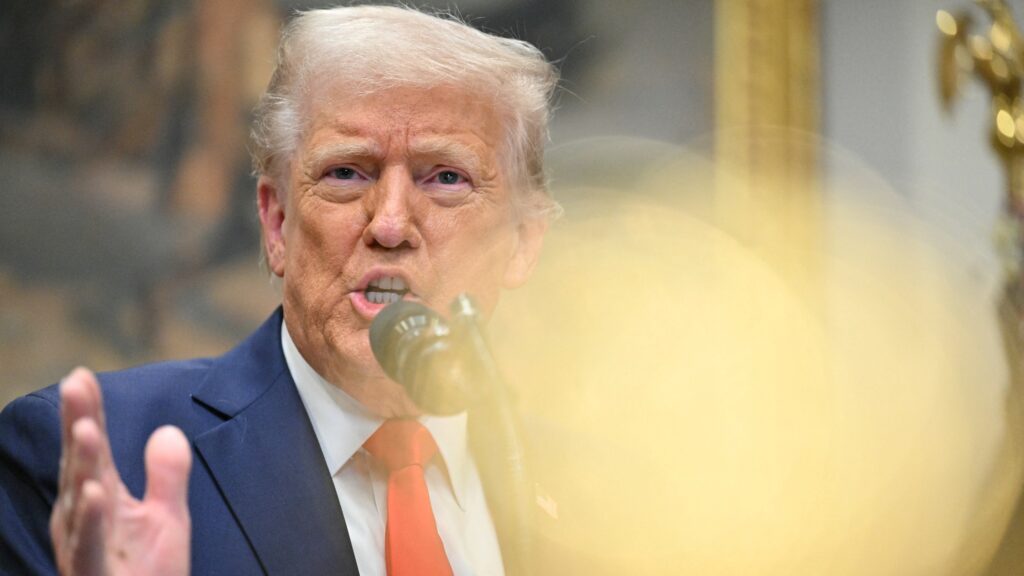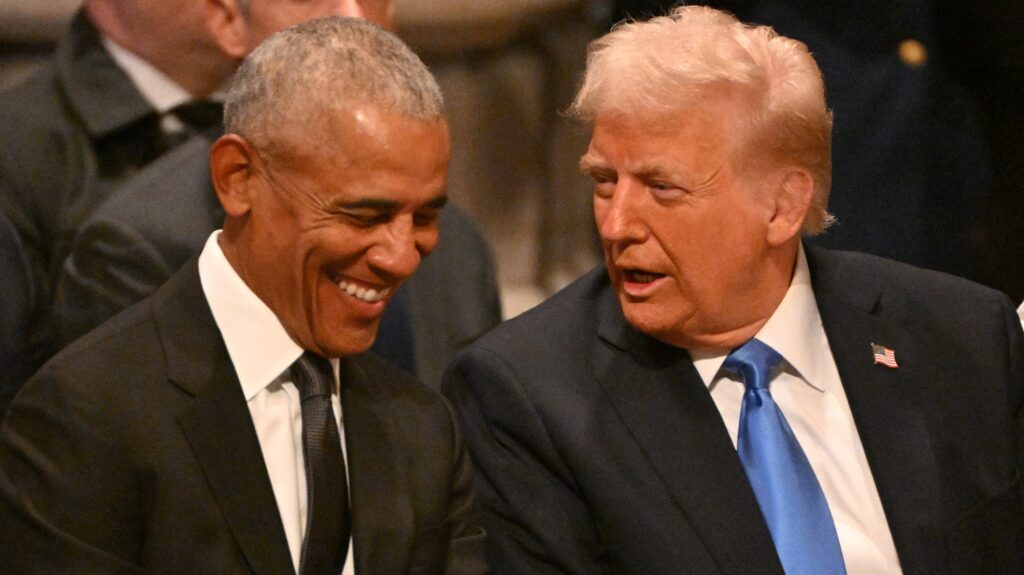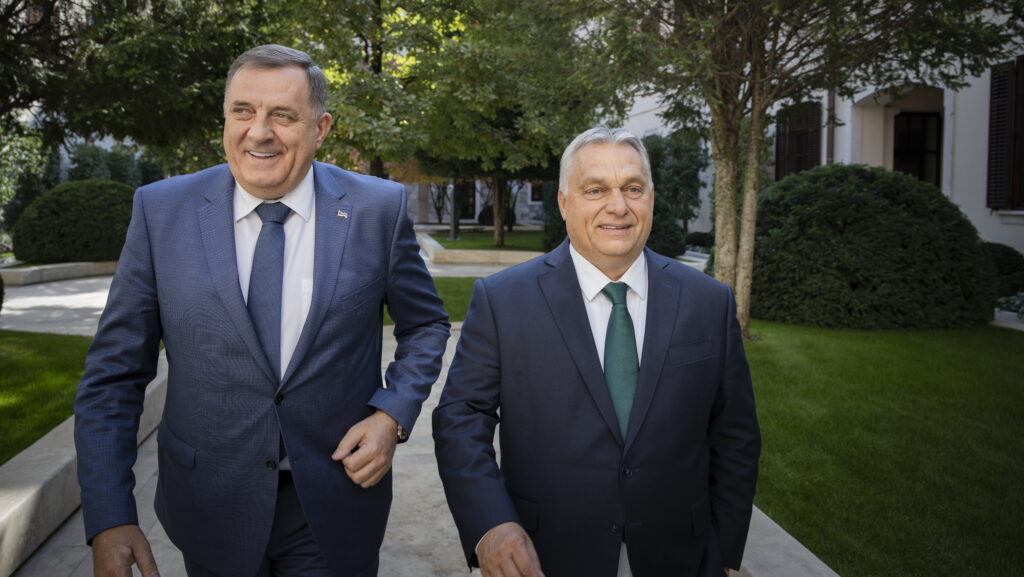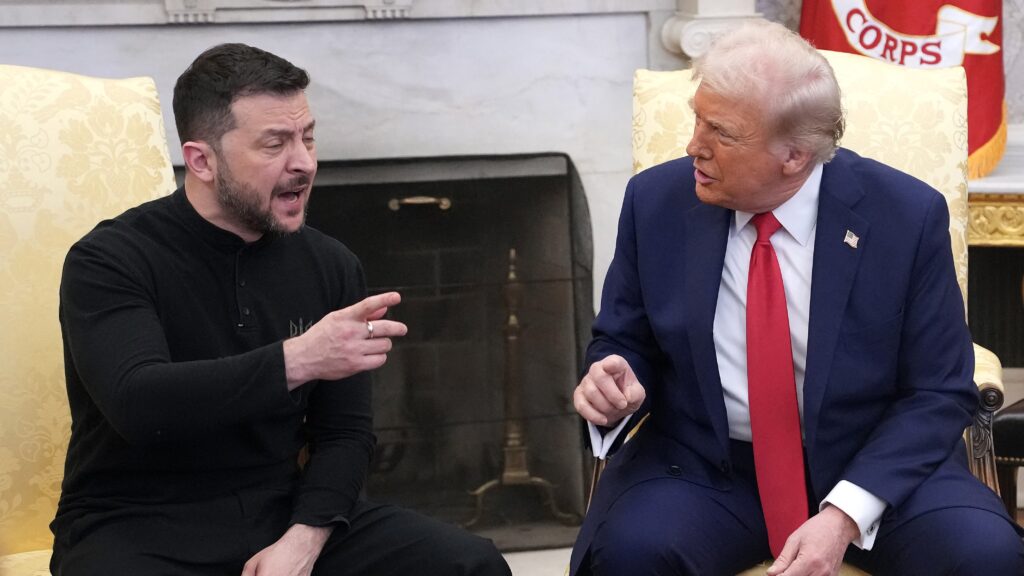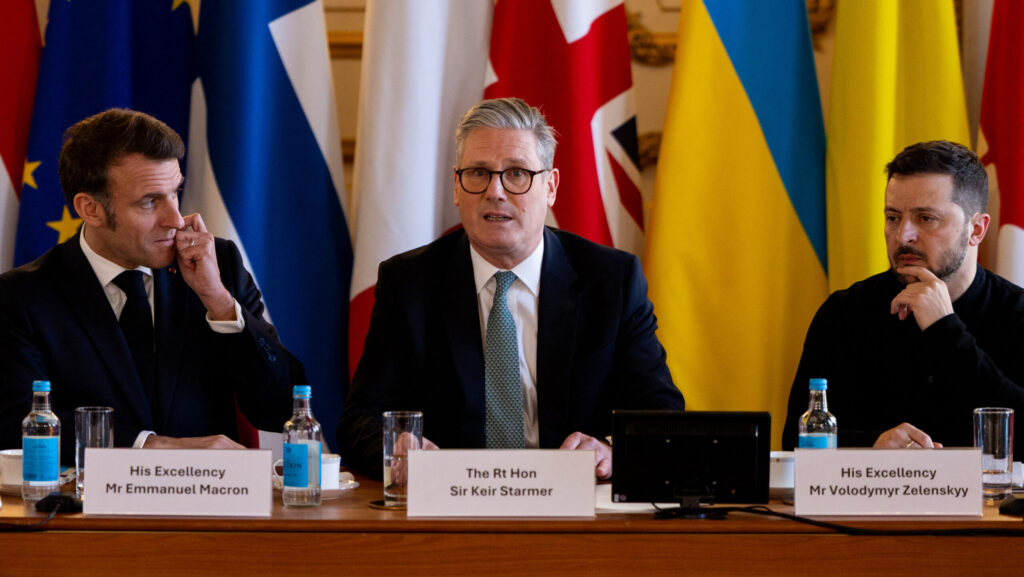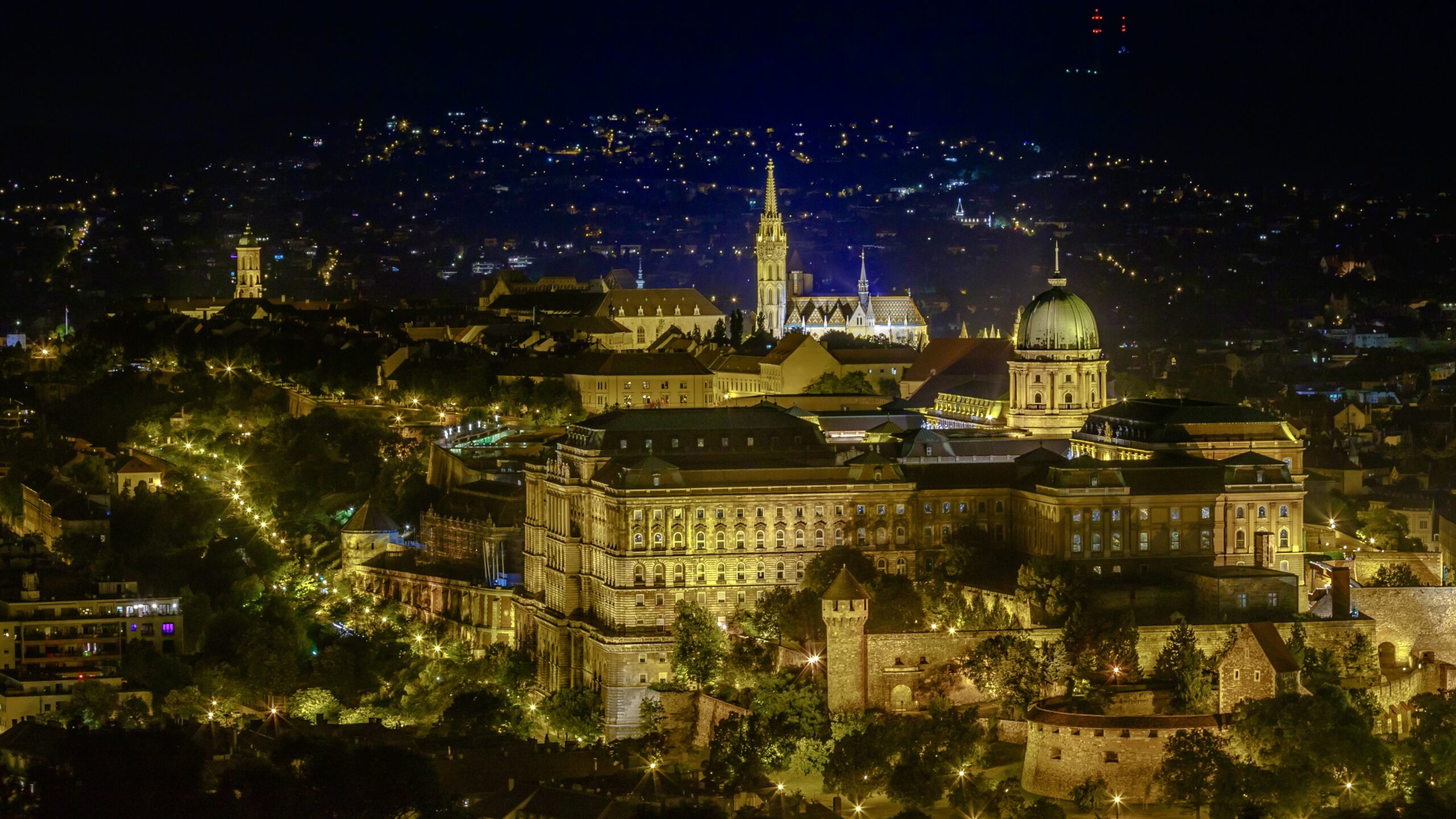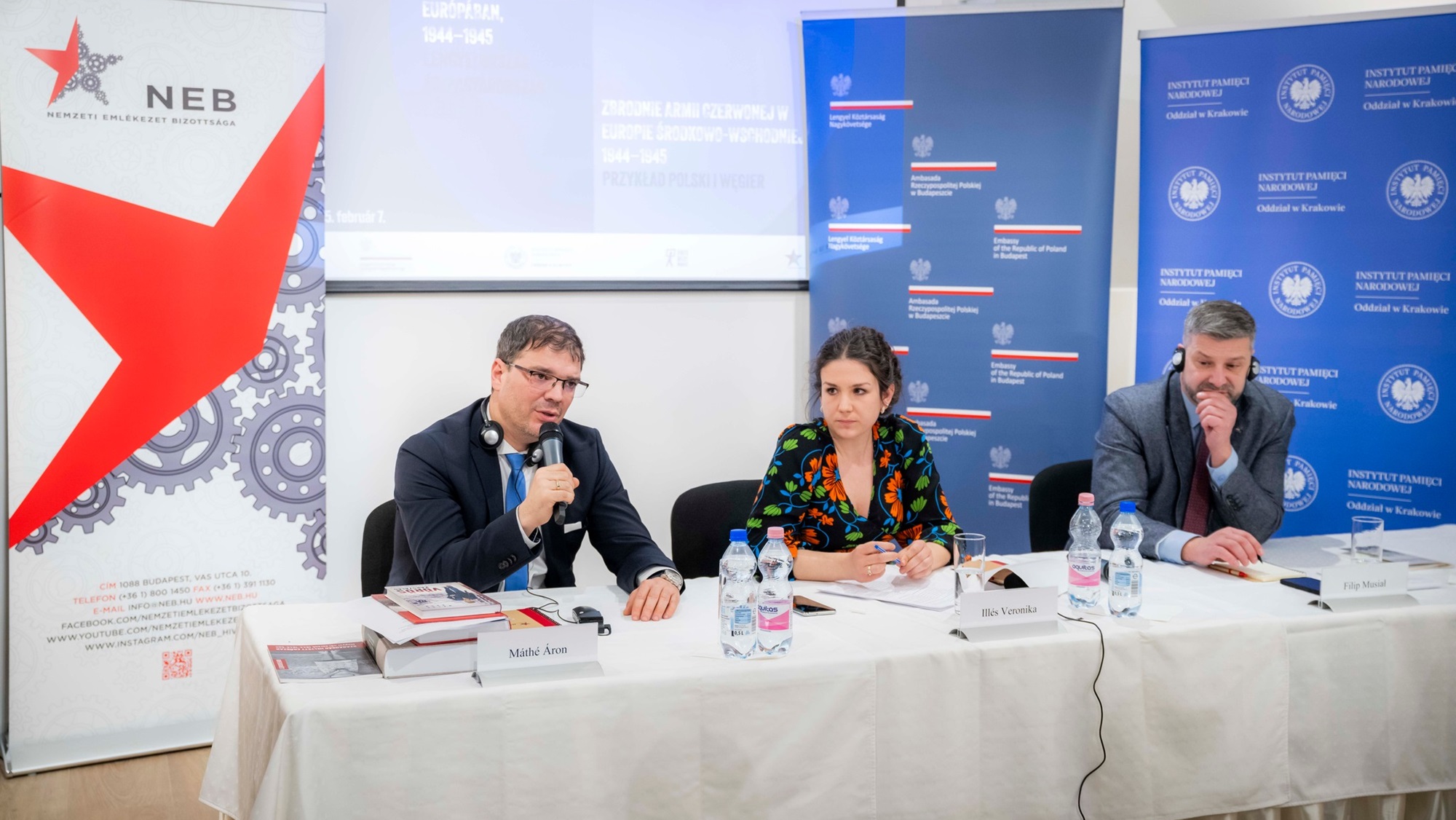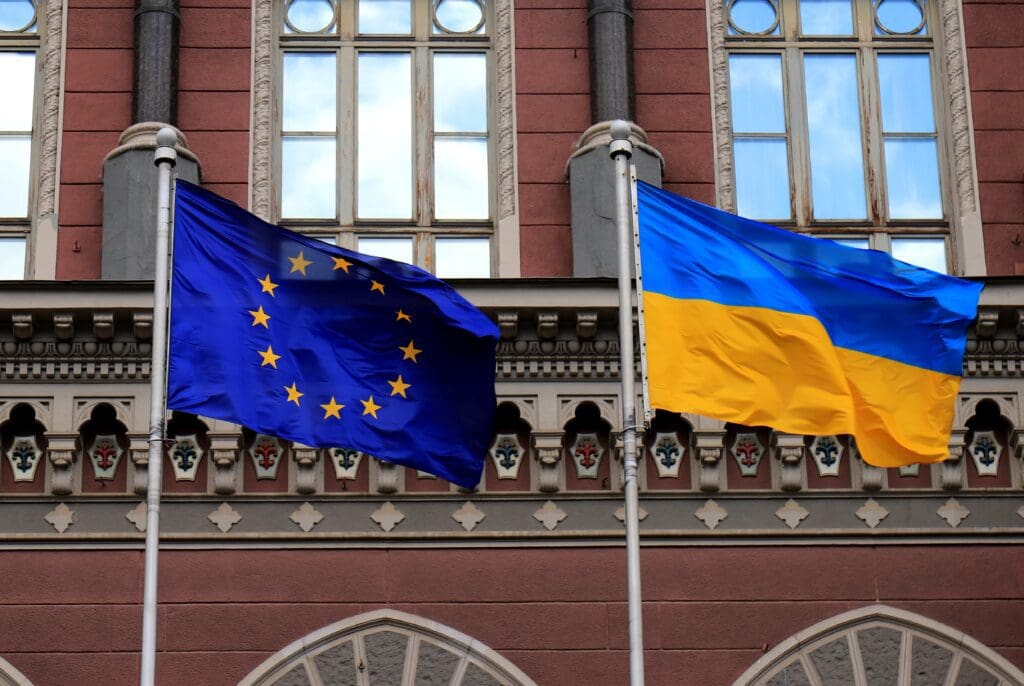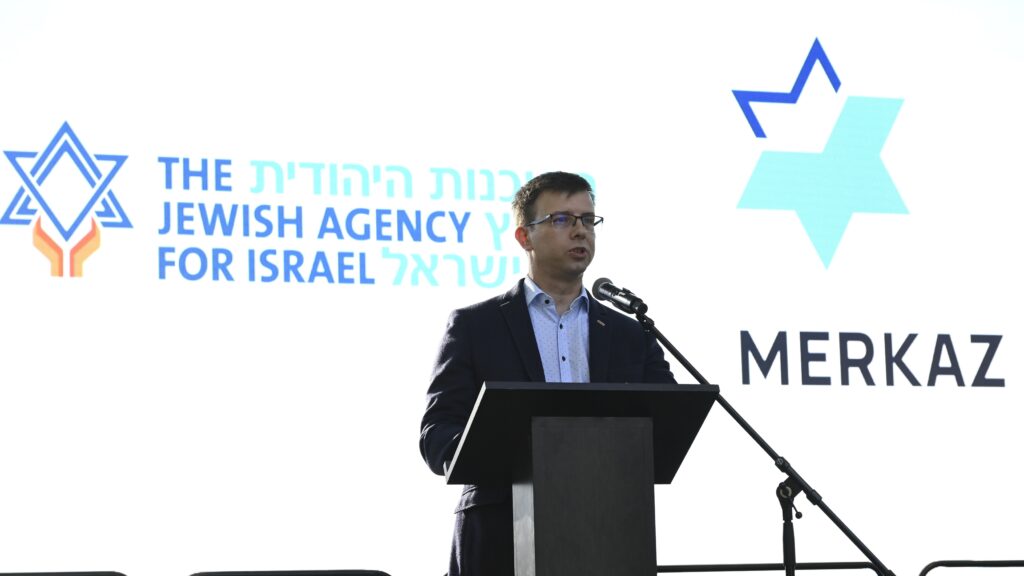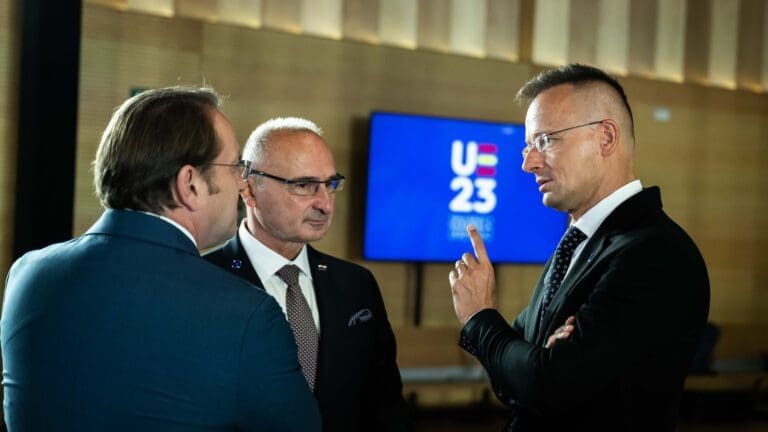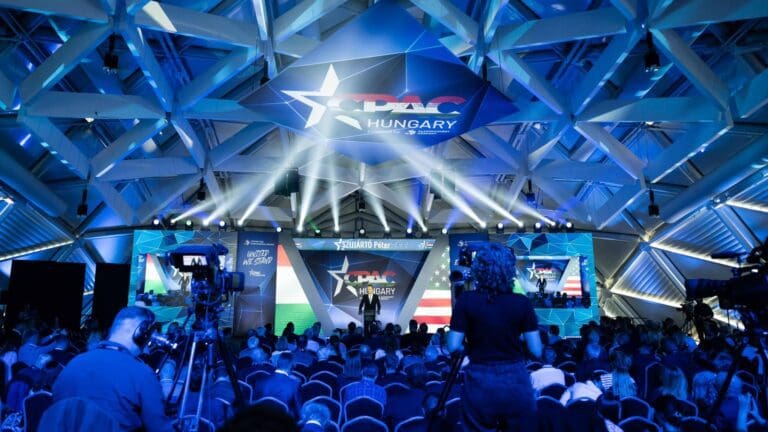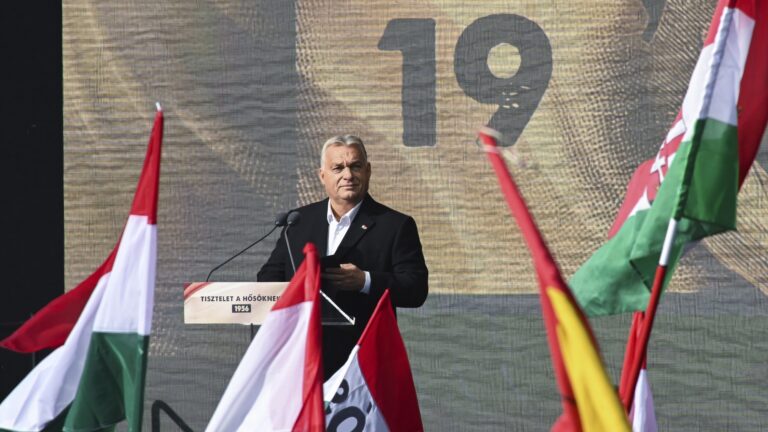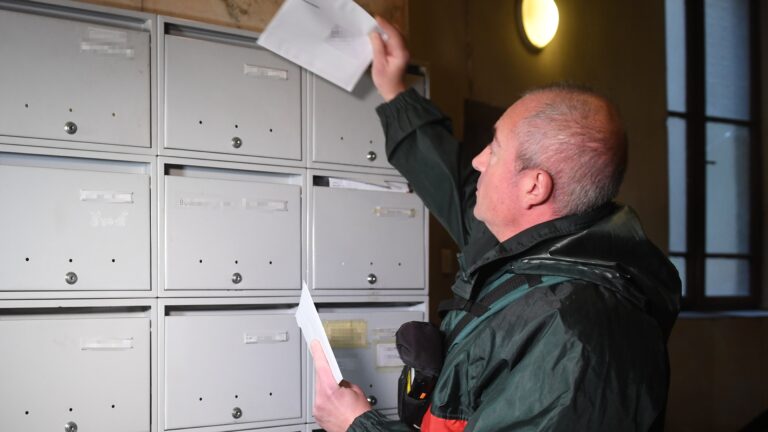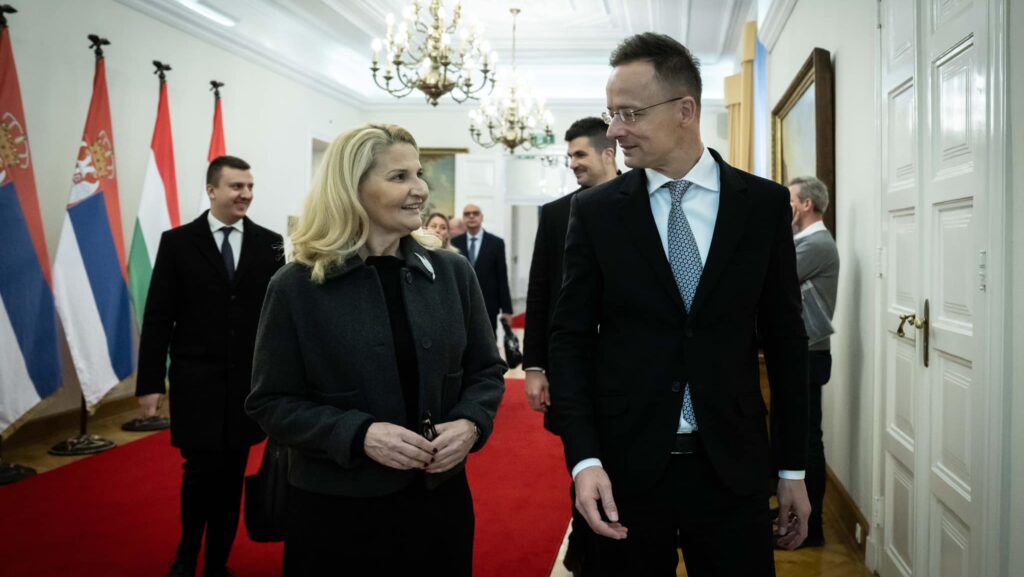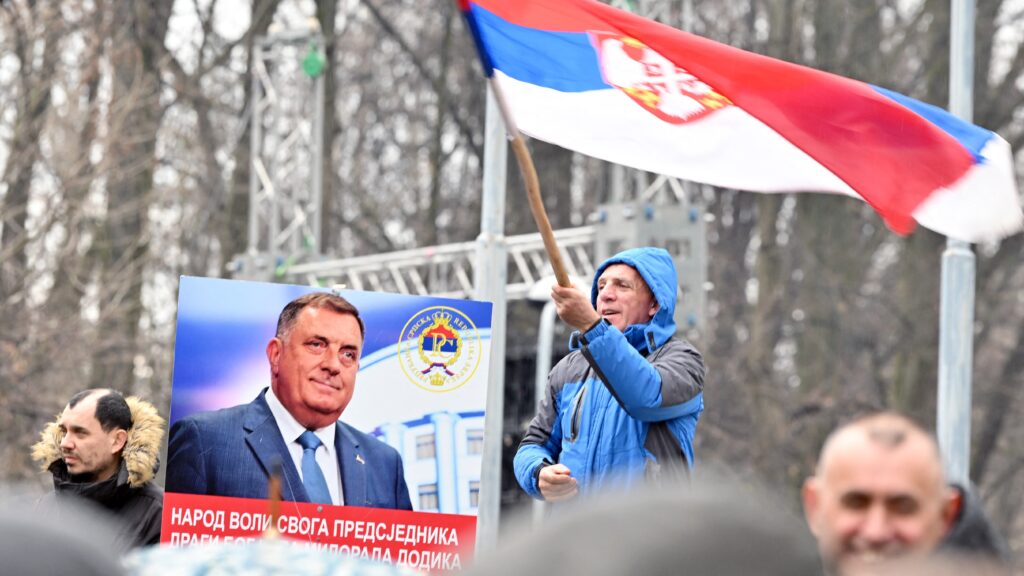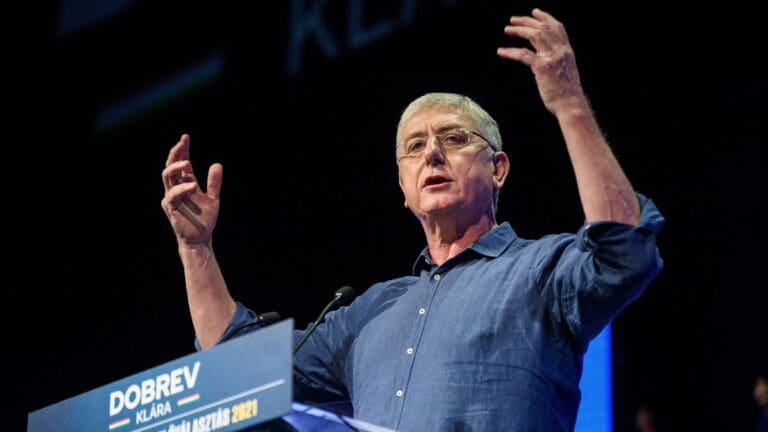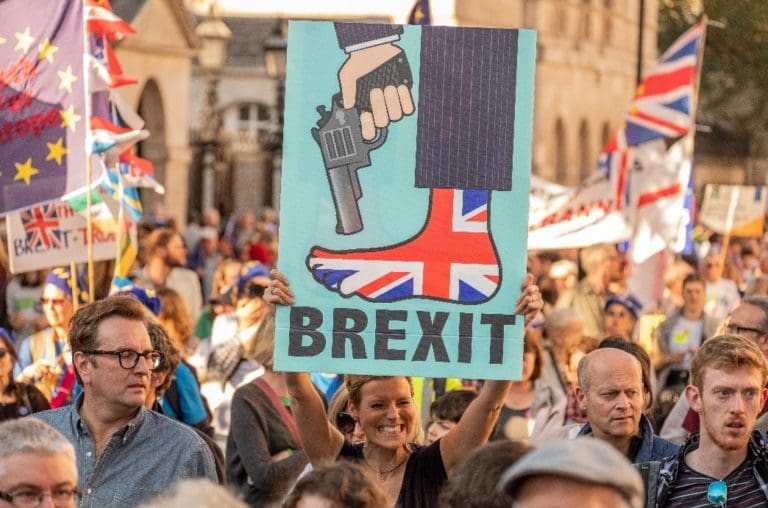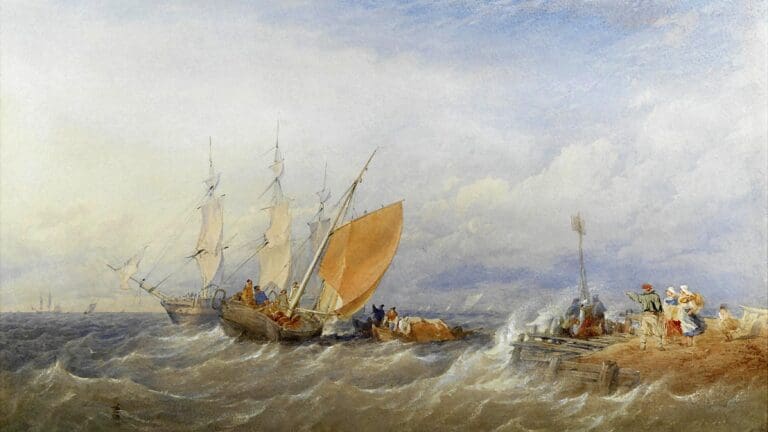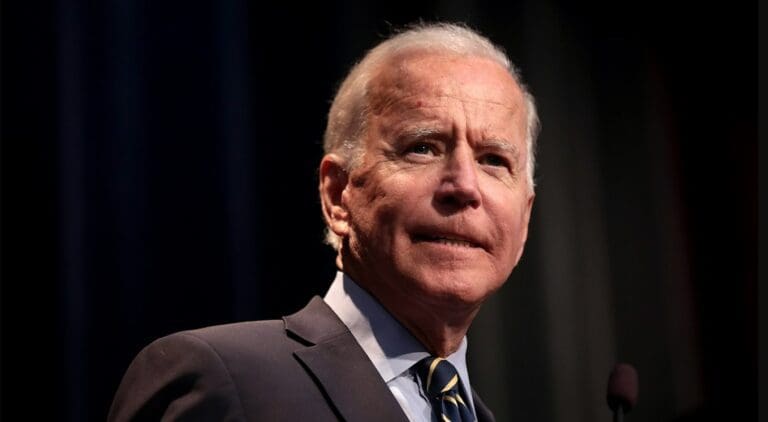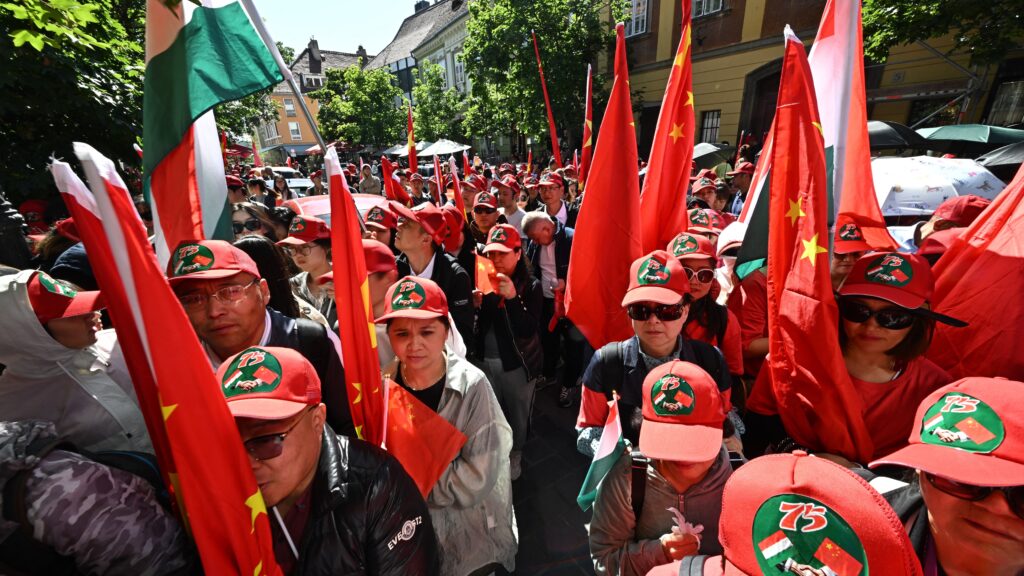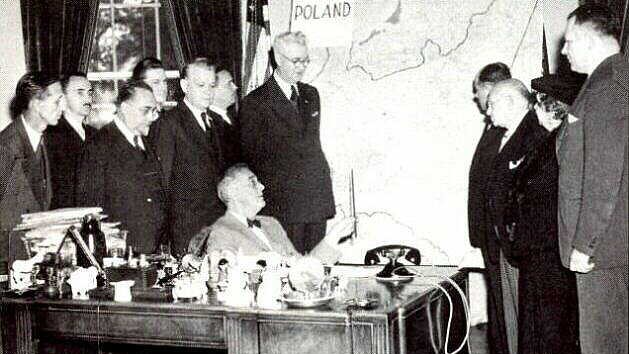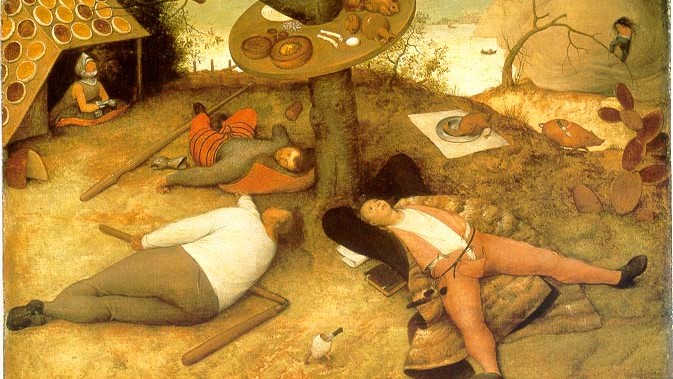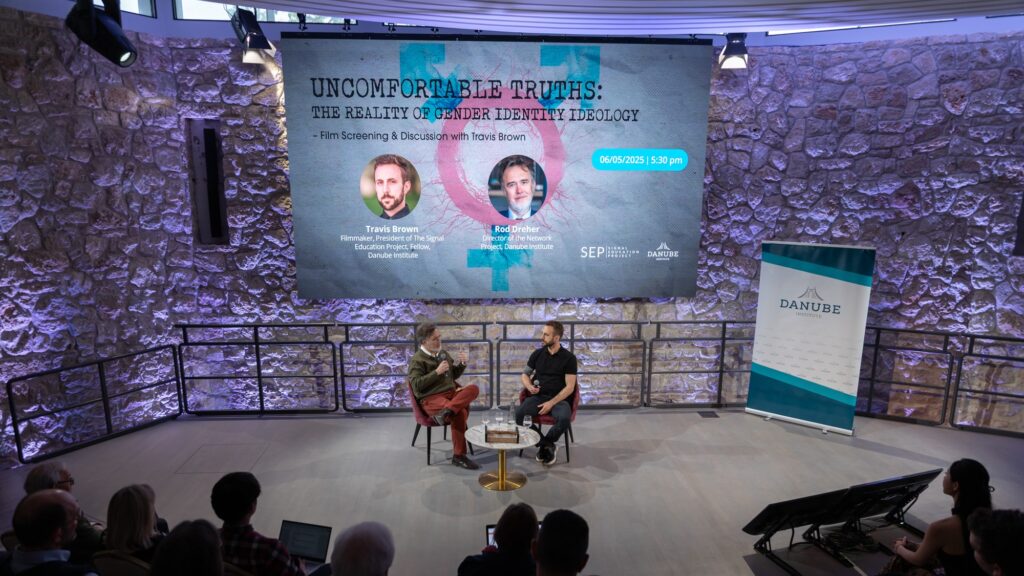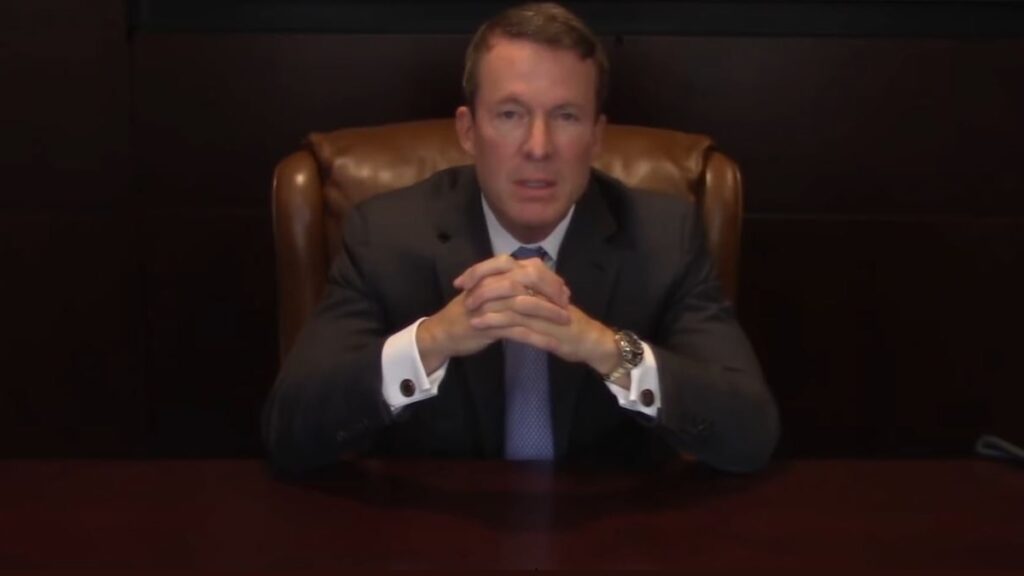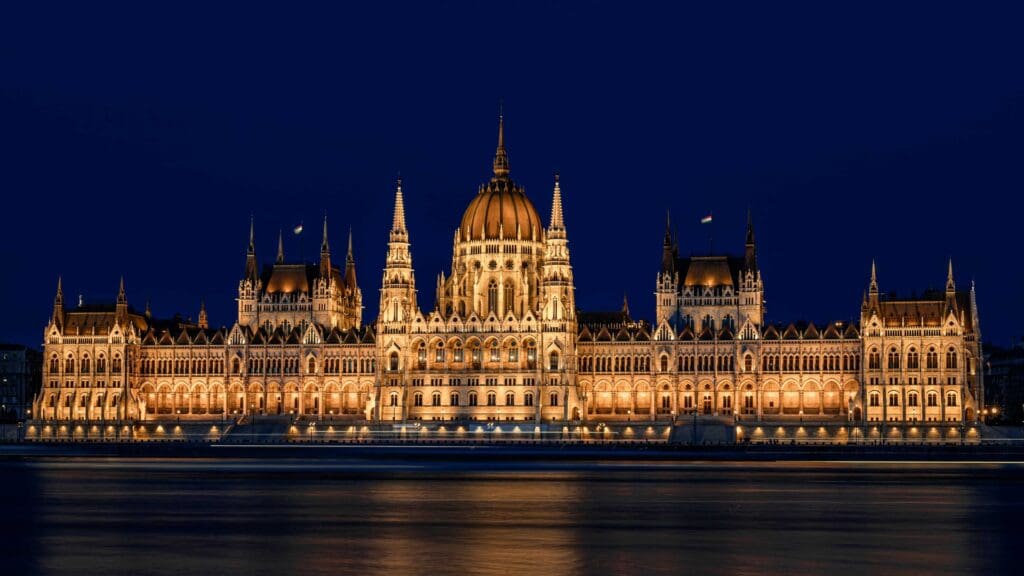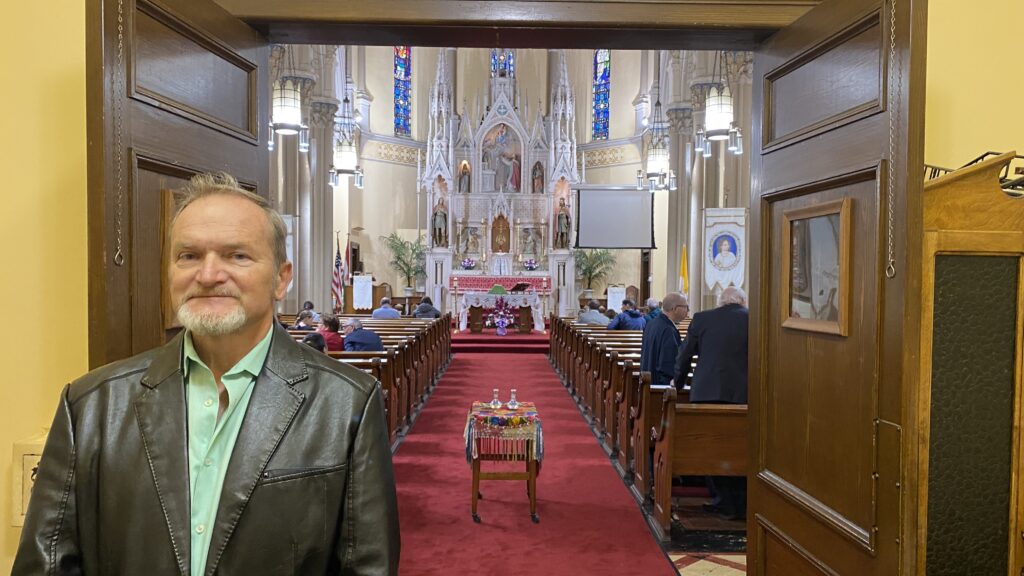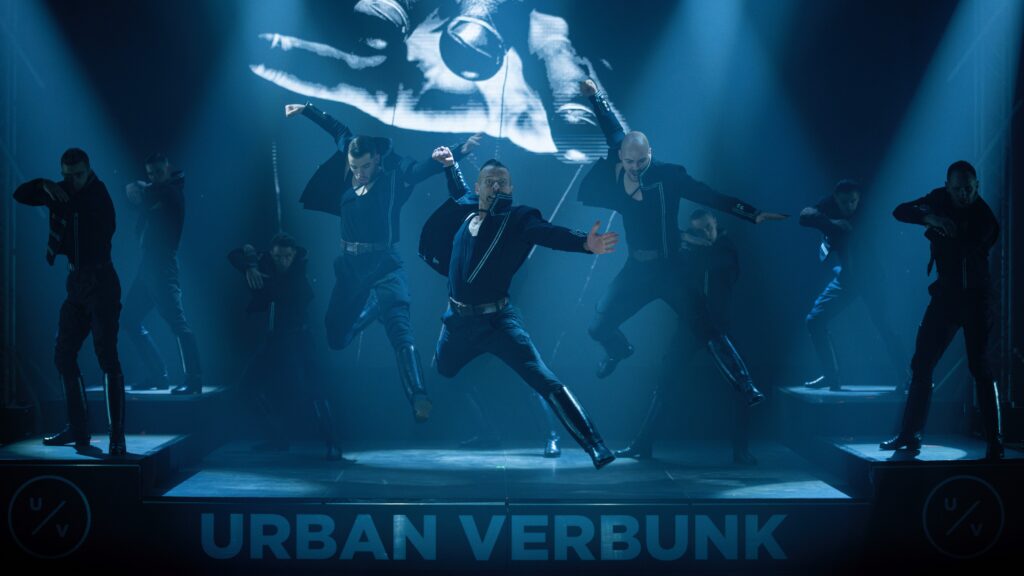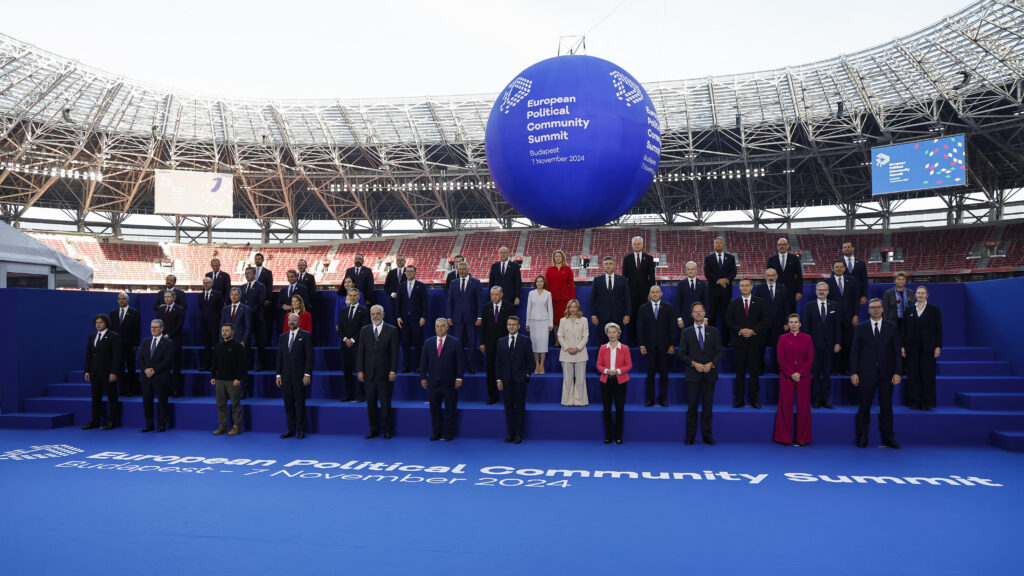
EPC Summit in Budapest: The Beginning of a New Chapter for Hungary
Thursday’s European Political Community Summit in Budapest is significant in multiple ways. With Donald Trump’s victory, we have never been closer to achieving peace in Ukraine than we are now, thus the first step can be taken by European leaders today. The summit also marks the beginning of a new chapter in Hungary’s history.
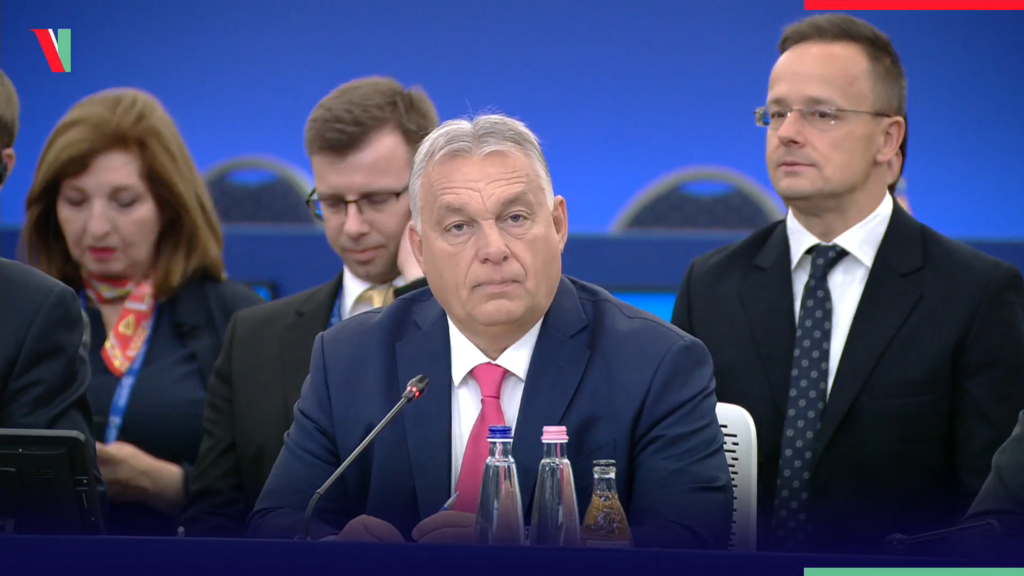
Viktor Orbán Opens European Political Community Summit in Budapest
Prime Minister Viktor Orbán inaugurated the European Political Community (EPC) summit in Budapest, highlighting the unprecedented diplomatic scale of the event in Hungary’s history. He underscored the security, migration, and economic challenges Europe faces, as well as the significance of the US presidential election for transatlantic relations.
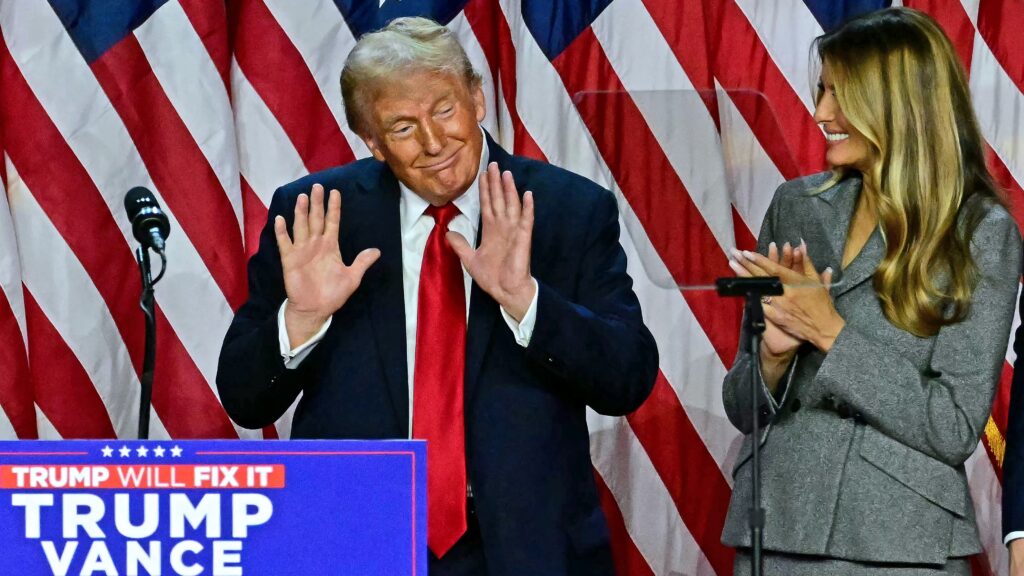
The MAGA Sun Also Rises Over Hungary
‘Donald Trump’s sweeping election victory will reshape the European power landscape, catapulting Hungary from a state disdained by Washington, whose ambassador routinely and rudely lambasts his host country, into one of America’s most important allies. It is not good for Europe that it exists as a dependency on the American Empire, but that’s simply a fact. Now that Prime Minister Viktor Orbán’s good friend is about to return to the White House, Hungary gains the most powerful new ally imaginable in its dealings with its EU partners. The days of bullying Hungary are over.’

Hungary Helps Programme Wraps Up Nigerian Mission with New Aid Projects
Hungary’s five-day humanitarian mission to Nigeria, led by the Hungary Helps programme, concluded with new aid pledges and key partnerships to support persecuted Christian communities and promote interfaith cooperation, officials announced on Sunday.

The Sovereigntist Zeitgeist
‘How does Hungary manage to stay on good terms with both Washington and Beijing, despite their growing rivalry?…Many observers explain this dual alignment as mere pragmatism—ideological kinship with the American right, economic opportunism with China. But that tells only part of the story.’
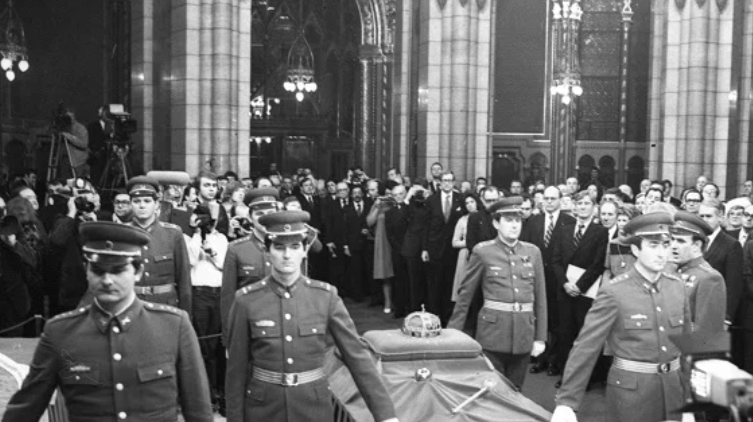
This Is How the Holy Crown Was Evacuated to Austria and Buried in the Spring of 1945
‘The communist leadership made several attempts to reclaim [the coronation jewels], but the US side was not open to this until 1977. In December of that year, a Hungarian delegation was allowed to travel to the United States to identify the treasures, and in January 1978, the Holy Crown and other insignia finally returned home.’
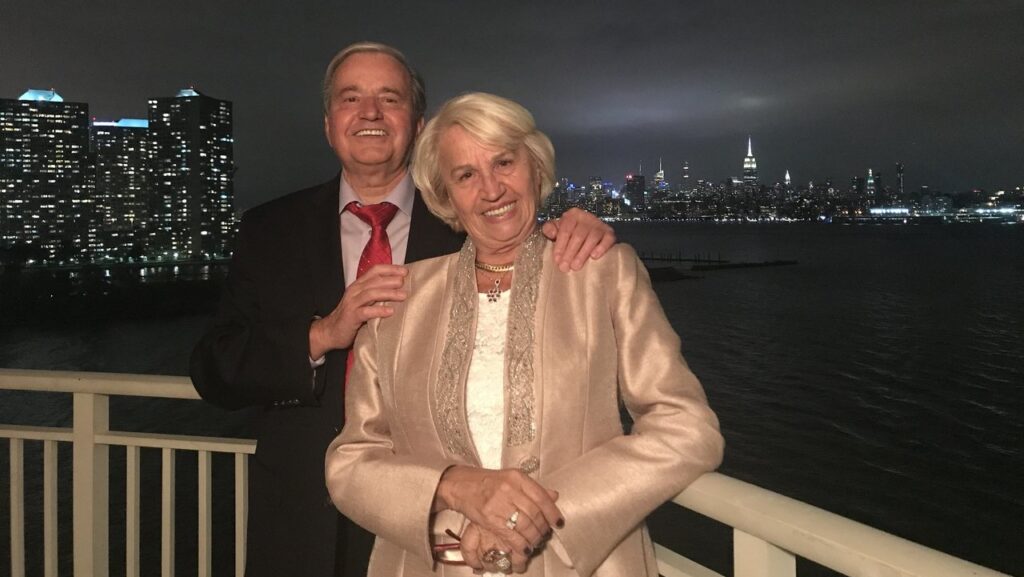
Teaching the Culture of Volunteerism — A Conversation with the Kovács Couple from New Brunswick
‘Several countries…were accepting refugees back then. Mózsi was worried about America because of the Vietnam War…In the end, we chose America and arrived on 2 June 1969. Our sponsor was the World Council of Churches (WCC) and the Reformed Church of New Brunswick, where Rev. Imre Bertalan, a wonderful man, was the pastor.’
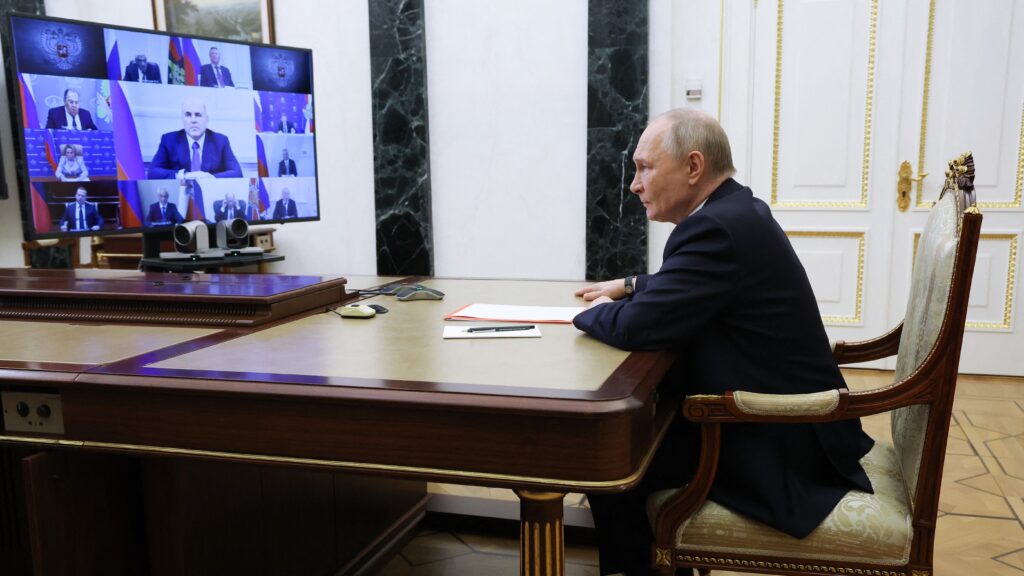
Russia — A Schrödingerean Civilization?
‘Russia occupies a unique…position in Huntington’s system of civilizations and in a broader sense in global geopolitics as well: it is simultaneously Western and non-Western, European yet distinct from Europe. This duality is not merely a philosophical or cultural curiosity but is…seemingly used as a strategic tool that some Russian regimes actively exploit in their international positioning.’

How Can Drinking Tea Become a Real Experience?
‘I see that more and more people are drinking tea in Hungary, and more and more people are interested in where tea comes from, how it is grown, and how it is prepared. People are open to better quality teas and are also beginning to understand that tea is very healthy. That is why I encourage everyone to drink tea regularly because it is a pure drink full of antioxidants, vitamins, and minerals.’
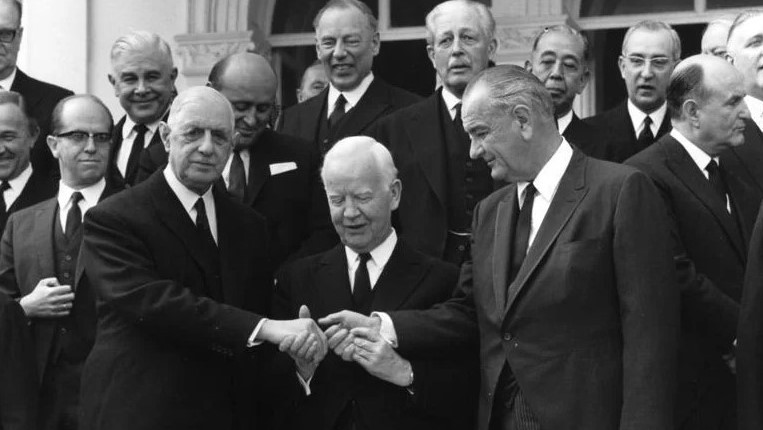
NATO in Question: How Americans and Europeans Viewed the Alliance in the 60s
‘Hazel Erskine…published a series of polls in The Public Opinion Quarterly in 1969 based on previously classified reports from the USIA’s Research and Reference Service. While many of the issues surveyed are no longer politically relevant, they remain of historical interest. Most questions originate from the 1960s, with some earlier data included to examine trends related to NATO and defence.’

